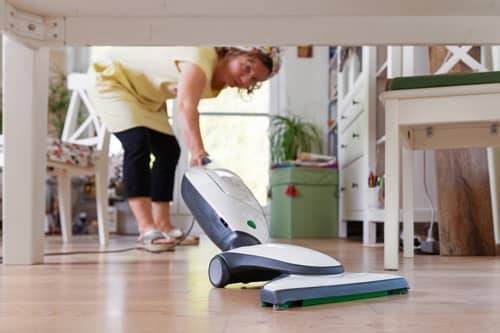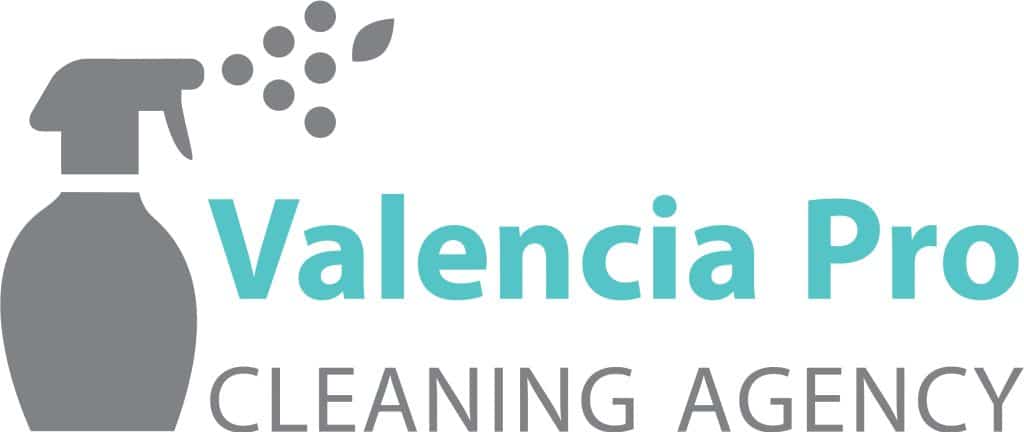 Ensuring good indoor air quality should be at the top of every homeowner’s list. Even if you may not notice the effects of harmful toxins and contaminants in your home, you should do your best to make sure that the air in your home is safe if you want to protect your health in the long run.
Ensuring good indoor air quality should be at the top of every homeowner’s list. Even if you may not notice the effects of harmful toxins and contaminants in your home, you should do your best to make sure that the air in your home is safe if you want to protect your health in the long run.
In this article, we share tips on maintaining healthy and fresh air in your home. And if you don’t have the time to deal with the chores yourself, count on the finest Angwin house cleaners to effectively sanitize your home and eliminate dangerous germs from all surfaces. Keep on reading to learn how to recognize the symptoms and causes of poor air quality and find out what you can do about it.
What are the symptoms of poor air quality?
Poor air quality can affect your body in numerous ways, although the effects may not be immediately noticeable. Nevertheless, you should be aware of the most common symptoms if you wish to prevent further complications:
- Aggravated allergies: while you may attribute your allergy symptoms to the weather or pollen levels, you may actually be reacting to pollutants in your indoor space.
- Respiratory issues: indoor air contaminants can irritate your respiratory system, resulting in sore throat, chest pain and tightness, coughing, and so on.
- Lung damage: prolonged exposure to poor air quality can impact your lungs as well. You may notice symptoms such as shallow, rapid, or heavy breathing.
- Headaches: bad indoor air can also cause headaches and eye irritation. If you frequently experience headaches while in your home, you may be dealing with elevated chemical levels.
- Fatigue: if the air in your home is poor, you may often feel fatigued or sluggish. Dizziness and nausea are also possible if the pollution levels are very high.
What causes poor air quality in a home?
In order to improve the air quality in your home, you will first need to understand the sources of pollution. Here are some common culprits of poor air quality:
- Carpet fumes: after installation, your new carpet may release chemicals from the adhesive used to hold it to the floor and its vinyl backing. This chemical release is called off-gassing and may cause dizziness, headaches, nausea, asthma, and dyspnea.
- Cigarette smoke: as you probably already know, cigarettes contain various toxic substances that can negatively impact your health. If you or any of your family members smoke, you may want to consider getting an air purifier.
- Mildew and mold: excessive moisture can cause mold and mildew to grow in your home, causing a variety of health concerns. Luckily, mold and mildew growth can be prevented by controlling the levels of humidity in your home.
- VOCs & paints: household paints contain volatile organic compounds. Once a coat of paint dries off, most VOCs should be gone, but some may linger, causing headaches, fatigue, and other health concerns.
How do you fix bad air quality in your home?
If you are concerned about the air quality in your home, you’ll be happy to hear that many of the issues associated with poor air quality can be resolved by creating a few simple habits:
- Keep your home clean by vacuuming, dusting, and doing laundry on a regular basis, or better yet, hiring professional cleaners to do it for you
- Change the filters in your air conditioner at least once every three months to improve the system’s efficiency
- Ventilate your home regularly, even during the colder months to let the fresh air in
- Consider purchasing a quality air purifier, especially if you or a family member are allergic to indoor contaminants.
Breathe healthier air with the help of #1 Angwin house cleaners
 At Valencia Pro Cleaning Referral Agency, we team up with knowledgeable and experienced home cleaners across Napa Valley to bring you top-quality cleaning services that will put your mind at ease. Your cleaning professionals will use proven cleaning techniques and products to ensure the optimal levels of cleanliness and safety in your home. Reach out to us today!
At Valencia Pro Cleaning Referral Agency, we team up with knowledgeable and experienced home cleaners across Napa Valley to bring you top-quality cleaning services that will put your mind at ease. Your cleaning professionals will use proven cleaning techniques and products to ensure the optimal levels of cleanliness and safety in your home. Reach out to us today!
